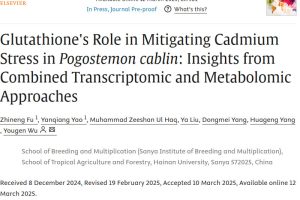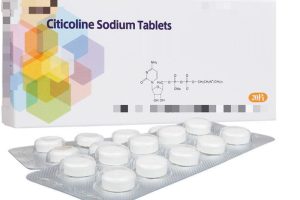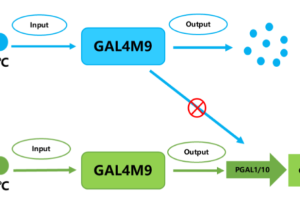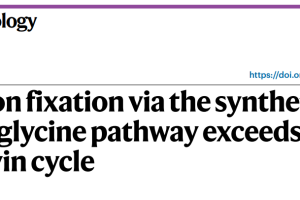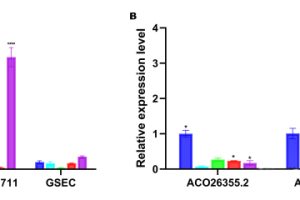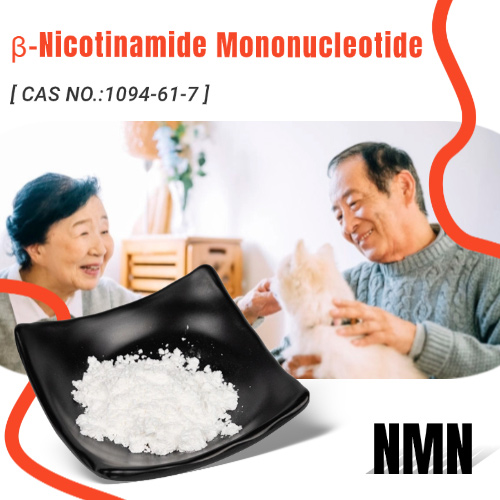This combination of NMN and reduced CoQ10 taken regularly improves heart function after experiencing a heart attack
Bright spot
- (1) The combination of NMN and CoQ10 reduced the severity and frequency of irregular heartbeats after heart attacks in animal models.
- (2) The combination of NMN and CoQ10 also improved levels of several indicators of cardiac stress and injury.
Heart attacks can get worse with age.
Scientists have found that NMN + CoQ10 allows the heart to maintain a healthy and normal rhythm after a heart attack.
NMN + CoQ10 works well together to help people keep their hearts healthy as they age and prevent damage after a heart attack, which can worsen with age.
The study, led by heart health expert Dr. Reza Badalzadeh, showed that giving NMN and CoQ10 to older animal models made their irregular heartbeats less common, shorter in duration, and less severe after a heart attack.
Based on these results, combination therapies may be able to better deal with the complexity of irregular heartbeats after a heart attack.
They also have a better chance of being used to treat heart disease in a clinical setting.
NMN and CoQ10 improve heart rate after attack
The amount of NMN and CoQ10 in the heart decreases significantly with age and after a heart attack.
This causes stress and gradual damage to the mitochondria, which are the power plants of the cell and are important for heart cell function.
NMN helps make NAD+ and boosts the body’s antioxidant defenses.
CoQ10, on the other hand, protects mitochondrial function and reduces ROS production.
The study looked at what happens to older hearts when they suffer ischemia-reperfusion injury, a process that mimics a heart attack, and the effects of NMN and CoQ10 on them before and after the injury.
When NMN or CoQ10 was used alone, the number and length of irregular heartbeats were slightly reduced, but the difference was not significant.
But when they were put together, they dramatically reduced the number and length of irregular heartbeats, especially the worst ones, and in some cases disappeared altogether.
When testing heart function, the results were similar.
The combination treatment made several standard measures of heart function much better than older animal models that received no treatment or only a single treatment.
These include heart contractions and blood pumping.

When the researchers looked more closely at the damage to the heart, they found that using NMN alone slightly reduced the levels of molecules that showed damage to heart cells.
When NMN and CoQ10 were combined, levels dropped more significantly, showing a stronger protective effect.
When looking at molecules associated with cellular stress, the same pattern was found: different treatments didn’t do much to lower ROS levels, nor did they do much to raise antioxidant levels.
In contrast, the combination treatment reduced ROS levels and signs of cellular stress, while increasing the activity of antioxidant enzymes.
Levels of nitric oxide, a molecule important for heart function, improved in older animal models only when both NMN and CoQ10 were given before a fake heart attack.
These results suggest that NMN and CoQ10 alone do not do much good for an aging heart, but when they are used together, they make the heart work better, reducing stress and protecting cells from damage.
Aging may disrupt the function of mitochondria and other protective pathways, reducing the effectiveness of monotherapies, the researchers said.
Using NMN and CoQ10 together seems to address these issues, making it a better way to protect older hearts from ischemia-reperfusion damage.
Clinical studies support the extension of healthy life with NAD+ precursor NMN
Other clinical studies have shown different effects of NMN on organ systems and tissues, such as insulin sensitivity, muscle oxygen absorption, and overall physical performance.
In fact, the findings provide more evidence that NMN supplementation can improve metabolic, hormonal, and skin health.
Positive changes in a range of markers representing multiple organ systems suggest that NMN has the ability to delay aging and extend overall healthy life span.
Since NMN was discovered and confirmed by Professor David Sinclair of Harvard Large Medical School in 2013, it has been confirmed by scientific and clinical studies that after supplementing NMN, it is converted into NAD+ in vivo to show five major functions:
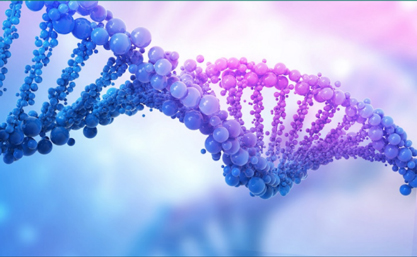
NAD+ Five features
- Provides energy for the cells
- Activate the Sirtuins family of long-lived proteins
- Maintain mitochondrial health
- Repair damaged DNA in cells
- Eliminate genes that speed up the aging process
From the age of 30, the level of NAD+ in the human body will decline as people age, when NAD+ is reduced, the cells can not establish effective communication, energy will decline, mitochondrial dysfunction will appear.
Cell apoptosis is thus manifested in the body as aging and disease.
By supplementing NMN, aging can be delayed, and increasing NAD+ in the body can prevent and delay a variety of age-related diseases, including aging and damage of heart, liver, kidney, lung and other organs, chronic hepatitis B, recovery after COVID-19, cardiovascular diseases, improve female ovary and male spermatogenic function, delay aging of brain and nervous system, improve intestinal flora, hyperglycemia and hypertension, and reduce the risk of aging. Weight management, reproductive aging, etc.
reference
Adv Pharm Bull. 2024 Oct;14(3):686-695


